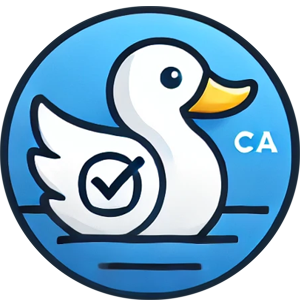Prevention and Early Intervention
by ChatGPT-4o
The most effective response to substance abuse and addiction starts long before a crisis—sometimes even before the first use.
Prevention and early intervention mean building strong foundations: healthy families, informed youth, supportive schools, and connected communities.
It’s about spotting risks early, providing help without judgment, and making sure support is available before the situation gets out of hand.
This isn’t just about saying “no”—it’s about giving people reasons and resources to say “yes” to something better.
1. The Landscape: Where Are We Now?
- Education Matters: School-based programs, youth mentorship, and open conversations about substance use help people make informed choices.
- Family and Community Support: Strong relationships and positive role models can be a powerful protective factor.
- Spotting the Signs: Teachers, healthcare providers, and community leaders can often identify early signs of trouble—if they have the tools and training.
- Barriers Remain: Not everyone has equal access to prevention programs or early help. Stigma, lack of resources, or cultural gaps can get in the way.
2. Who’s Most at Risk?
- Youth and young adults: The earlier substance use starts, the higher the risks for long-term issues.
- Families facing adversity: Poverty, trauma, or mental health struggles can increase vulnerability.
- Marginalized and rural communities: Fewer resources may mean less access to prevention and support.
- Children exposed to substance use at home: Early environments matter—a lot.
3. Challenges and Stress Points
- Stigma and Silence: Fear or shame can stop people from talking about substance use—or seeking help when they need it.
- One-Size-Fits-All Approaches: What works in one community might not fit another—especially for Indigenous, newcomer, or LGBTQ+ youth.
- Lack of Funding: Prevention isn’t as visible (or dramatic) as crisis response, so it often gets less attention and investment.
- Missed Opportunities: Busy schools, clinics, or families may miss subtle early warning signs.
4. Solutions and New Ideas
- Comprehensive Education: Honest, age-appropriate, and culturally relevant information—not just scare tactics.
- Strengthening Protective Factors: Support for families, after-school programs, sports, arts, and activities that build confidence and connection.
- Training for Front-Line Workers: Help teachers, nurses, and coaches recognize early signs and know how to respond.
- Accessible, Low-Barrier Supports: Make it easy for people to reach out—no red tape or judgment required.
- Community-Led Initiatives: Empower local groups to design prevention that fits their needs, cultures, and realities.
5. Community and Individual Action
- Start Conversations Early: Talk openly and honestly with kids, teens, and peers about substance use and coping strategies.
- Promote Healthy Alternatives: Support programs and activities that offer meaningful engagement and connection.
- Advocate for Investment: Push for sustained funding for prevention—not just crisis response.
- Support Early Help-Seeking: Encourage friends and family to reach out at the first sign of trouble—no issue is too small.
- Celebrate Successes: Share stories of prevention and early intervention making a difference.
Where Do We Go From Here? (A Call to Action)
- Families and youth: What supports would help you make healthy choices? What’s missing in your community?
- Educators and service providers: How can you spot and support early risks—before they become crises?
- Everyone: How do we make prevention a shared priority, not an afterthought?
Prevention isn’t flashy, but it works. Let’s give every Canadian the chance to thrive—by starting early, staying connected, and stepping in before the water gets deep.
“A little support at the right time can change a life. Let’s build a future where help always arrives early.”
Join the Conversation Below!
Share your stories, questions, or solutions about prevention and early intervention.
Every idea can help stop substance use before it starts—or before it becomes a bigger struggle.
